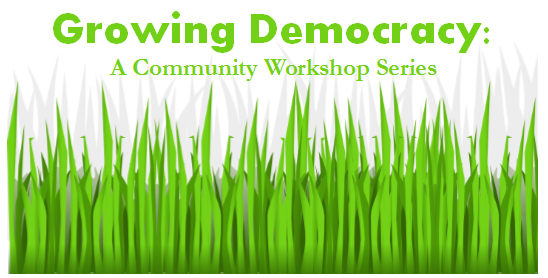Cleveland OH: February 12, 2020 | Kent OH: February 13, 2020 Promoting Intersectoral Action to Address LGBTQ+ Inequities – A community workshop facilitated by Sean McCandless, Ph.D. Sean McCandless, Ph.D., works as an Assistant Professor of Public Administration as well as the Associate Director of the Doctorate in Public Administration Program at the University of Illinois at Springfield. He currently serves as the chair of the American Society for Public Administration’s (ASPA) Section on Democracy and Social Justice and is…
Making Your Voice Heard and Telling Your Story
Cleveland, OH: October 17, 2019 Introducing participants to the various ways we can make our voices heard in the public sphere. From letter writing to door knocking to protesting and community organizing – it all begins with telling our stories. Presented by Jerry Peña. Jerry was born in the “Windy City” of Chicago and raised in Cleveland, Ohio. In Ohio, Jerry was very involved in the community; he was Chair of the Civic Involvement Committee, where he had the responsibility…
Leveraging the Power of the Media
Kent OH: September 19, 2019 | Cleveland OH: September 19, 2019 Together we will examine the role of the media in shaping a thriving democracy, focusing on the ways in which media are often the gatekeepers for political agenda-setting or the drivers of narrative framing. The guest speaker for the Kent event is Dr. Meghan Rubado of Cleveland State University’s Levin College of Urban Affairs. Dr. Rubado’s research focuses on local governments and their cooperation for service provision and other…
Overcoming Burdens – Accessing Information Teach-In
Cleveland OH: May 23, 2019 Government bureaucracy often creates administrative burdens – obstacles to navigating government – that we don’t normally see or talk much about. These obstacles can have big effects on how we interact with government or even access public information. Sometimes these obstacles are important (the IRS has to protect citizen’s identities!), but other times they are a result of outdated systems – or worse, intentional barriers created to make policies, benefits, or information less accessible.…




